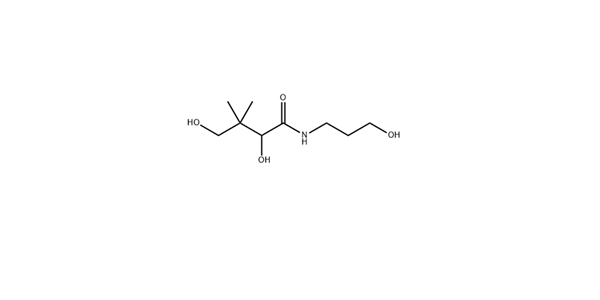Skin care vitamins ABC and B complex have always been underestimated skin care ingredients!
When talking about vitamin ABC, morning C and evening A, anti-aging vitamin A family, and antioxidant vitamin C family are often mentioned, while vitamin B family is rarely praised alone!
So today we name and commend an undervalued component of the B vitamin family – the precursor of vitamin B5.
What is ubiquinol?
The name “B5 essence” is often mentioned in skin care products. In fact, this name is not particularly accurate.
Since vitamin B5 is easily affected by temperature and formula, its properties may become unstable and its biological activity may decrease. Therefore, in skin care products, panthenol, the precursor of vitamin B5, is usually used.
Panthenol is a precursor of vitamin B, so it is also called “provitamin B5″.
Currently, panthenol exists in many forms, generally in the form of D-panthenol (right-handed), DL-panthenol (racemic), L-panthenol (left-handed), calcium pantothenate, etc.
D-Panthenol contains three hydroxyl structures and has high physiological activity. Panthenol is converted into pantothenic acid in the skin and hair. Panthenol exists in human tissues in the form of pantothenic acid. It is a key component of coenzyme A.
The role of D-panthenol
1. Efficient moisturizing
D-Panthenol is soluble in water and has a small molecular weight, making it easier to penetrate the skin and hair. At the same time, D-Panthenol contains three hydroxyl structures, which can retain moisture for a long time and has excellent moisturizing ability!
2. Repair ability
As one of the important components involved in energy metabolism, D-panthenol also plays a role in cell differentiation and can strengthen the skin barrier.
Studies have reported that panthenol has the effect of reducing inflammation and promoting wound healing, and found that moisturizer containing 5% panthenol can improve wound healing after laser surgery .
Post time: Mar-12-2024




